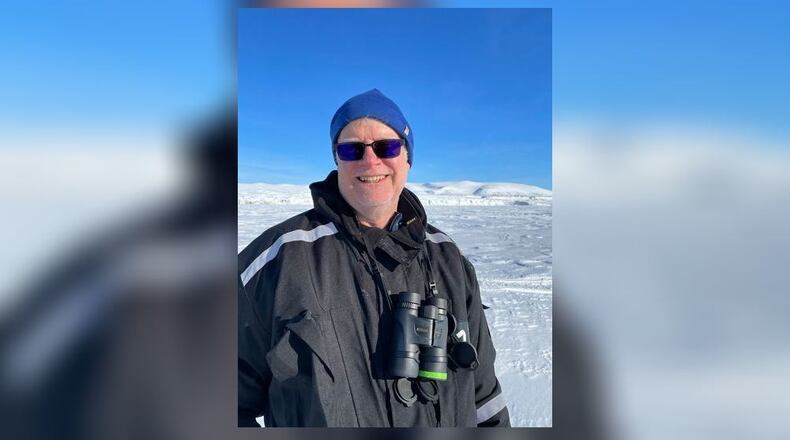Some of my most important contributions in my field have helped us understand how PCBs, mercury and other contaminants move up the food chain and how lakes and microbes both respond to, and contribute to, climate change. Other colleagues in my department have also wrestled with really big questions that affect all of us, such as how to feed everyone on our planet without destroying the environment.
The US government has continually provided support for my work as well as that of my colleagues, most often through the National Institutes of Health (NIH) or the National Science Foundation (NSF). These foundations, along with many others, have contributed to the US being the world’s leader in science for at least the last 50 years. Taxpayers have funded most of this work, because scientific research has great benefits to all of us—not only through a better understanding of our world, but also through economic benefits locally. Springfield would be a very different place without Wittenberg, and Columbus without Ohio State, and our daily lives would also be very different without US-funded science. US science has allowed us to prepare for extreme weather events, drive to see our loved ones, protect our children from deadly diseases, and stay in touch with people around the globe. And yes, it has protected our waters for drinking, swimming, and fishing.
If you, like me, are worried about the current threats to US science, you can help. Call or write your US representatives and senators and encourage them to support science funding so that the US can continue to lead the world and stimulate economic growth locally and globally.
James (Jim) Cotner is a professor in the Department of Ecology, Evolution and Behavior at the University of Minnesota-Twin Cities. He has been studying freshwater and marine ecosystems for over 40 years.
About the Author
